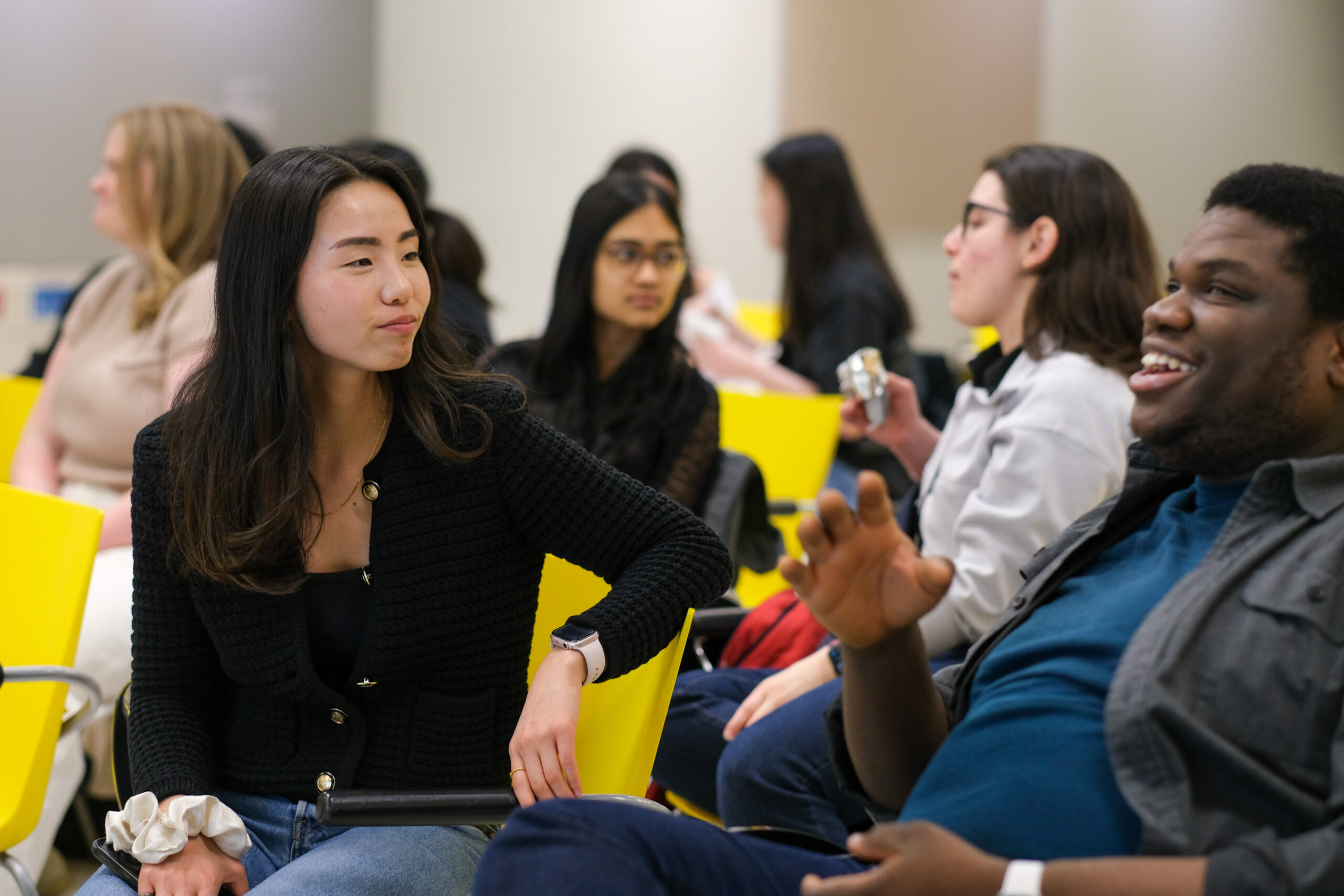
Building bridges through the Graduate Mentorship Program
Graduate school is an exciting yet challenging journey. Unlike undergraduate education, where coursework is structured and assignments have clear deadlines, graduate students must navigate a more independent path—defining their own research directions, managing their schedules, and adapting to the uncertainties of discovery.
Recognizing the need for stronger peer support, the Institute of Biomedical Engineering (BME) at the University of Toronto launched the BME Graduate Mentorship Program (BME GMP) in 2024.
Founded by Professor Penney Gilbert, Associate Director of Community & Inclusion at BME, the program aims to pair junior Master’s and PhD students with postdoc and senior graduate mentors. Through one-on-one mentorship, social events, and structured guidance, the initiative helps students transition smoothly into the demands of graduate school.

The motivation behind the program
The idea for the BME GMP emerged from student feedback. Polls revealed that many students—especially those entering new labs with few senior peers—felt uncertain about aspects of graduate school beyond coursework. The mentorship program was created to bridge that gap.
"Graduate school can feel overwhelming without guidance," says Professor Penney Gilbert. "When I was a PhD student, it was the organic interactions with senior graduate students and postdocs that proved most impactful for lighting my way forward and pointing me to vital resources. BME GMP is catalyzing that community-minded ethos to allow our graduate students to thrive."
The program is led and organized by a team of student volunteers, including Lucy Ma, a second-year PhD student co-supervised by Gilbert and Professor Michael Garton; Travis Douglas, a sixth-year PhD student in Professor Leo Chou’s lab; Reke Avikpe, a second-year PhD student in Professor Christina Amon’s lab; and Savina Camelliere, a second-year PhD student in Professor Aaron’s Wheeler’s lab. Their goal is to establish a lasting mentorship culture that will benefit future generations of BME students.
"The value of the program lies in the creation of an interconnected ecosystem within BME, where mentorship extends beyond academic advice to foster a sense of belonging and support. By bridging students across career stages, we hope to build a stronger, more collaborative community—one where no student feels like they're navigating graduate school alone. " says Lucy Ma. "During my undergraduate thesis in the Garton Lab, I was fortunate to meet senior graduate students who generously shared their time to answer any questions I had—big and small. Knowing I had compassionate peers to turn to helped me feel less alone and gave me the confidence to navigate research despite my limited experience. That sense of support is what we hope to extend through this program—ensuring that every student has someone in their corner from day one."
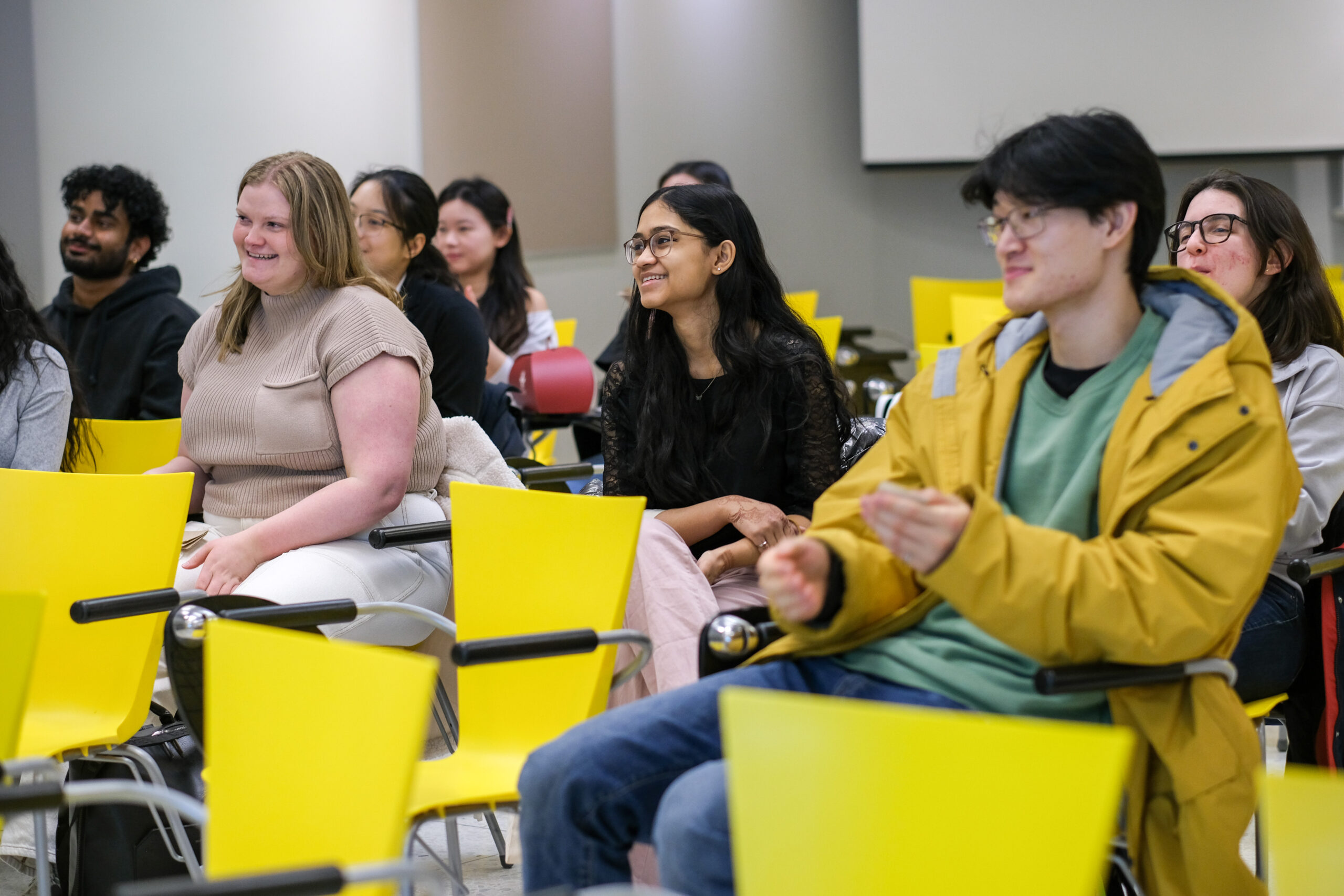
Building a community through mentorship
Since its launch in September 2024, the BME GMP has matched 24 pairs of mentors and mentees. Regular meetings provide structured time for mentorship discussions, while social events encourage students to expand their networks beyond their research groups.
On March 25, 2025, at the conclusion of the program’s first year, several participants shared their experiences and insights on the impact of mentorship.
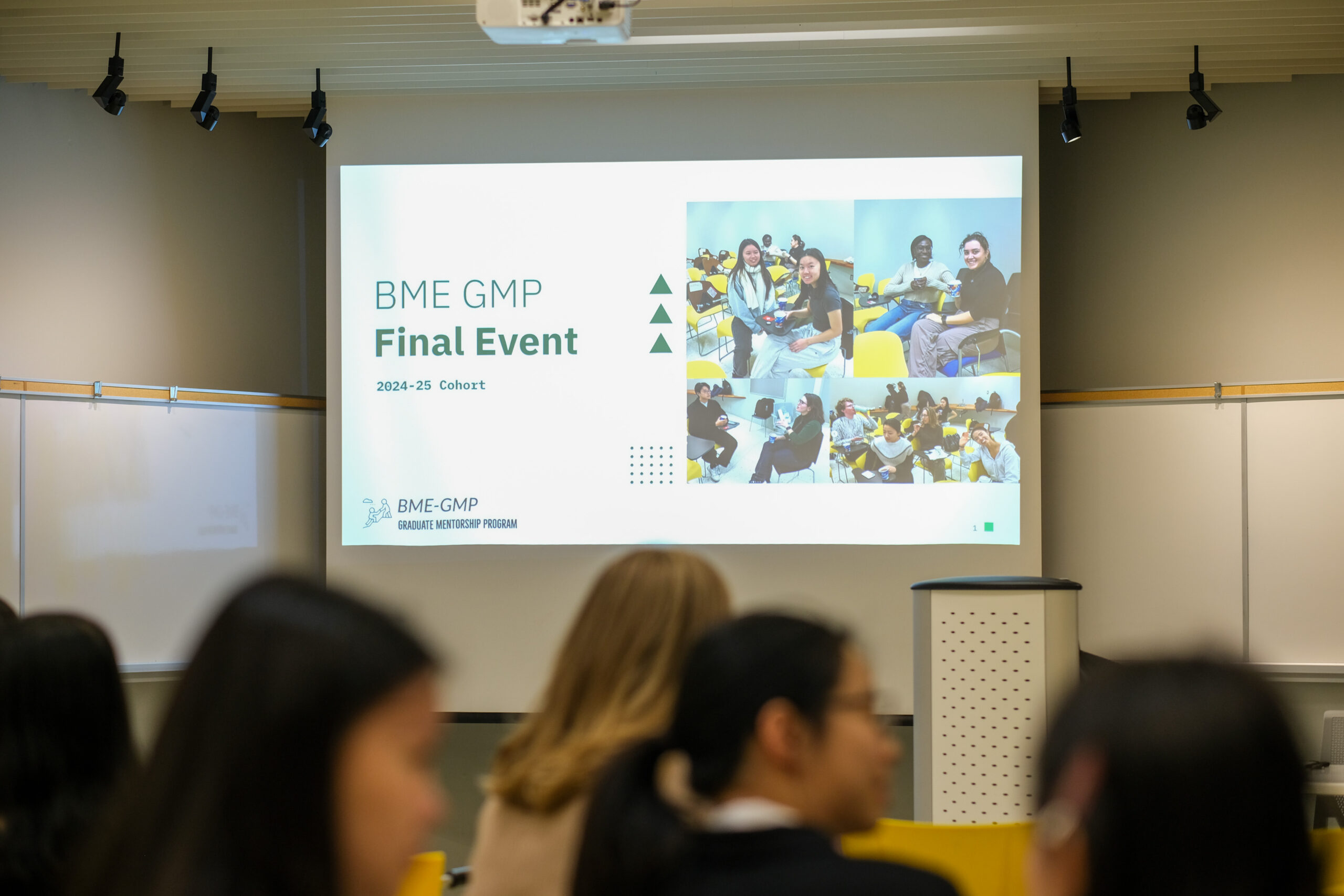
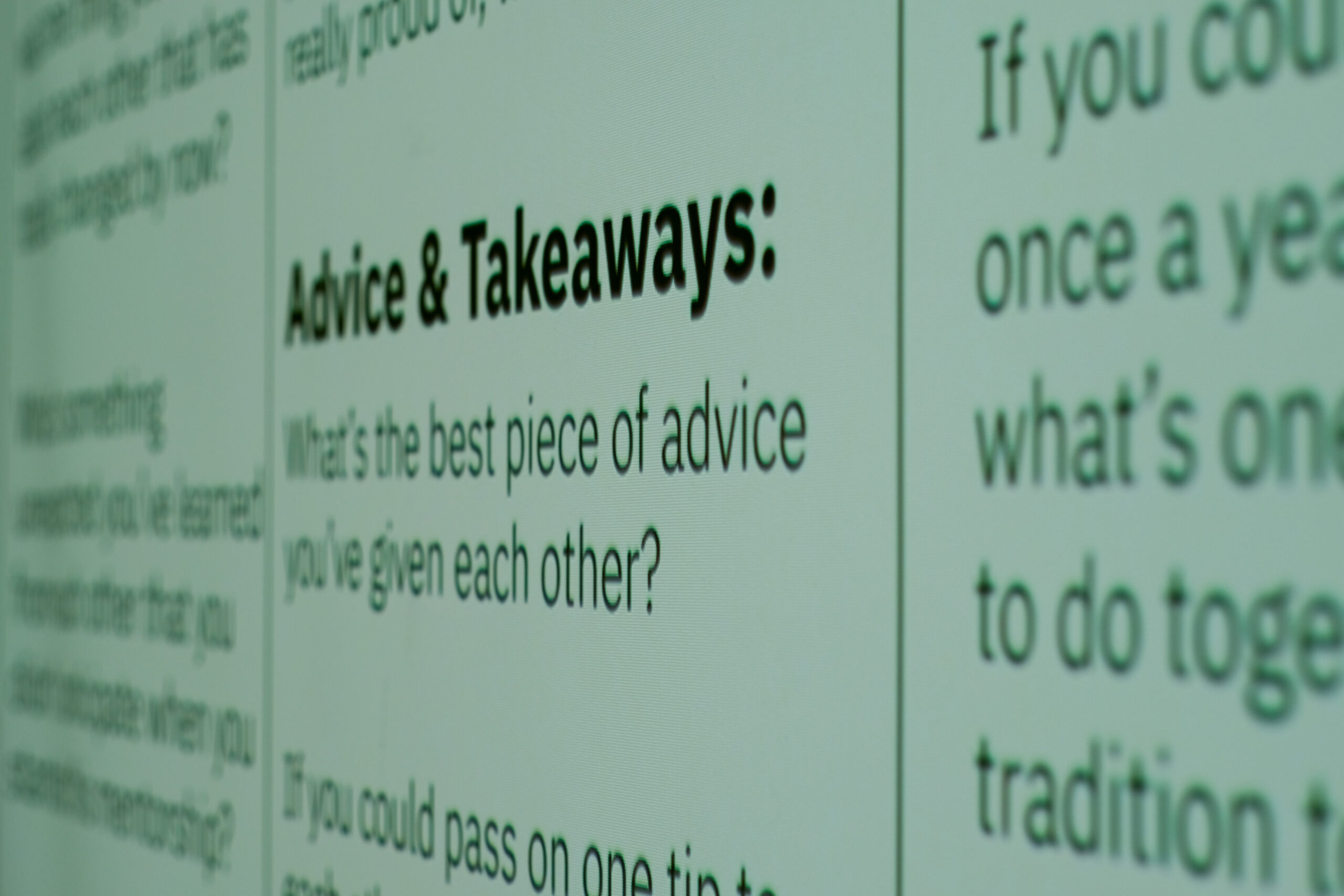
Aanshi Gandhi (mentor) and Raegan Allan (mentee)
Aanshi, a PhD student, mentored Raegan, a first-year Master’s student. Their mentorship covered everything from research strategies to navigating Toronto’s real estate market.
“I genuinely don’t think you can do science and research alone,” says Aanshi. “I see the program as a way for me to pay it forward, for when I received help as a junior student.”
For Raegan, the mentorship helped her prepare for a PhD bypass—a process no one in her lab had experience with. “Both of my labs are young, so I didn’t have senior student guidance. This program filled that gap,” she explains.
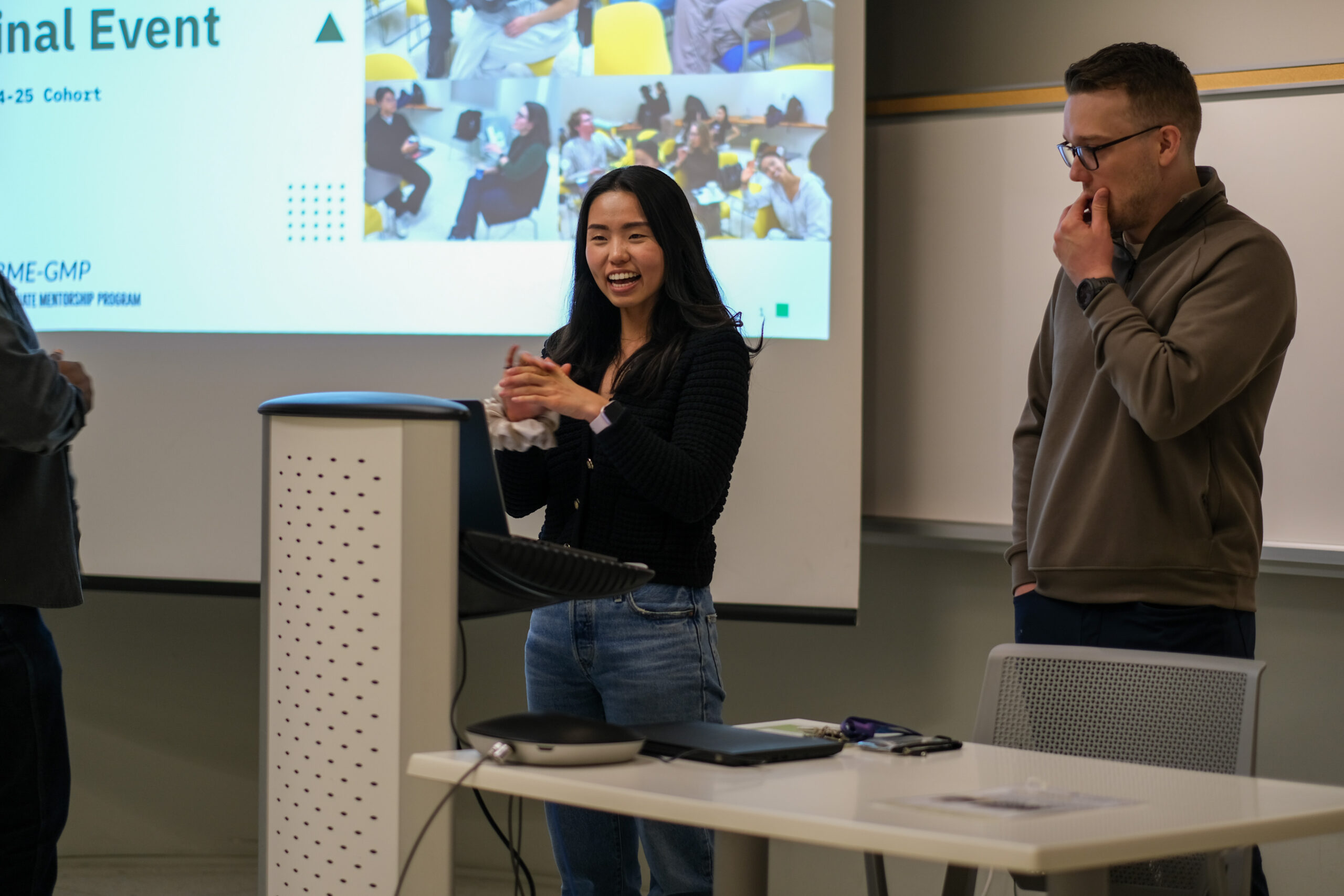
Sajida Chowdhury (mentee)
Sajida, a Master’s student, initially missed signing up for the program but later joined after hearing positive feedback from friends. Her mentor, Meghan Rothenbroker, played a crucial role in guiding her through challenges.
“Seeing Meghan’s mentorship style helped me become a better mentor to others,” says Sajida. “Grad school has its ebbs and flows… don’t let one negative experience define your entire journey.”
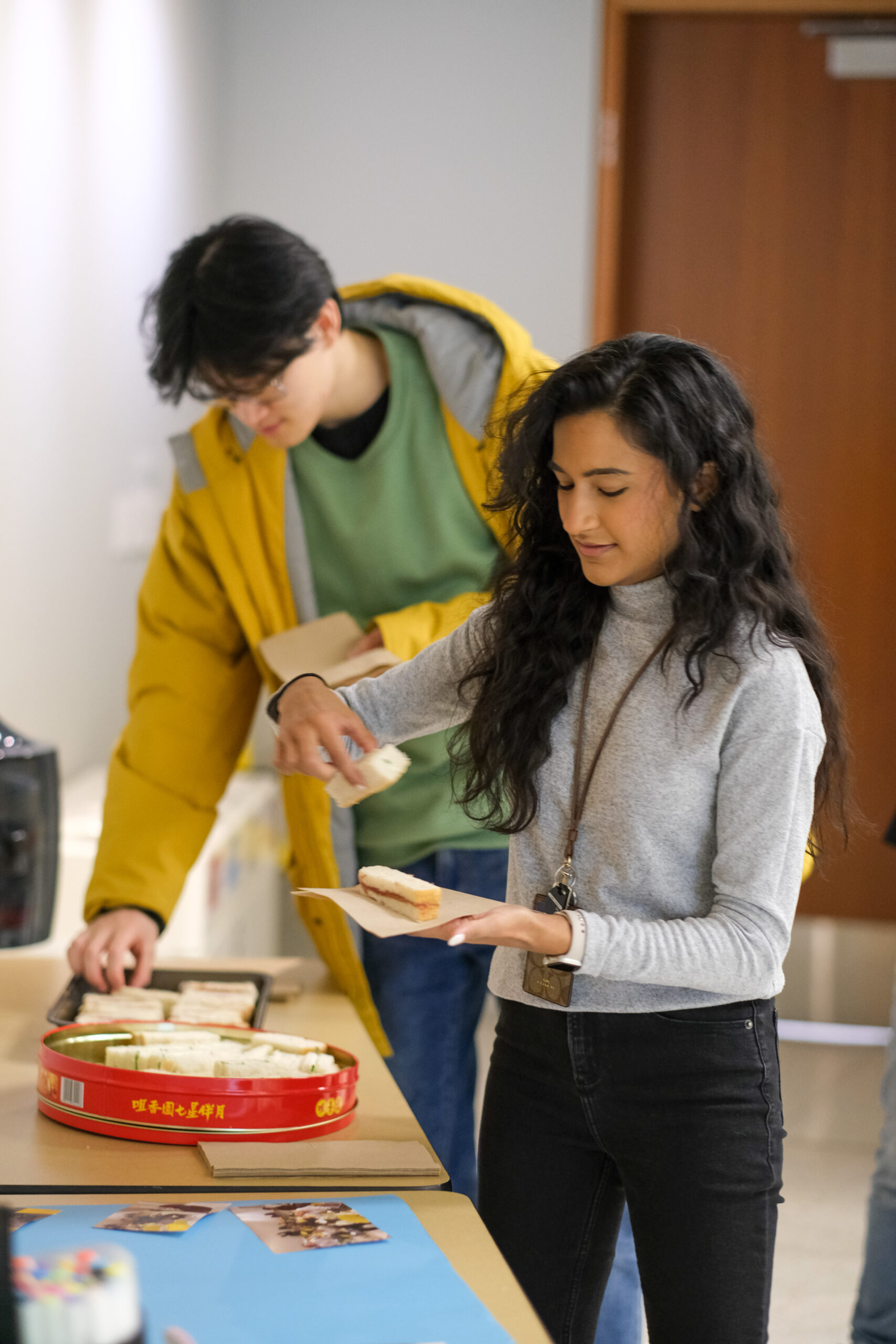
Yvonne Yang and Nijash Sooriyakumaran (mentees)
Yvonne, a first-year Master’s student transitioning to a PhD in neuroscience, and Nijash, a first-year PhD student in tissue engineering, were both mentored by Nickolas Ivanov, whom they described as a supportive and insightful guide.
"Grad school comes with a lot of unwritten rules that you can’t just look up on a website. Having a mentor to talk to makes a huge difference," says Yvonne. "Watching how Nick navigated his PhD and realizing that he enjoyed teaching more than research showed me that there are so many different paths after grad school—and that it’s okay to explore what truly excites you."
"Going into a PhD, I thought I had to publish as fast as possible, but my mentor helped me realize that everyone moves at their own pace,” says Nijash, “Because of the mentorship program, I’ve shifted my mindset. Instead of just churning out publications, I’m focusing on making this a genuine, enjoyable learning experience.”
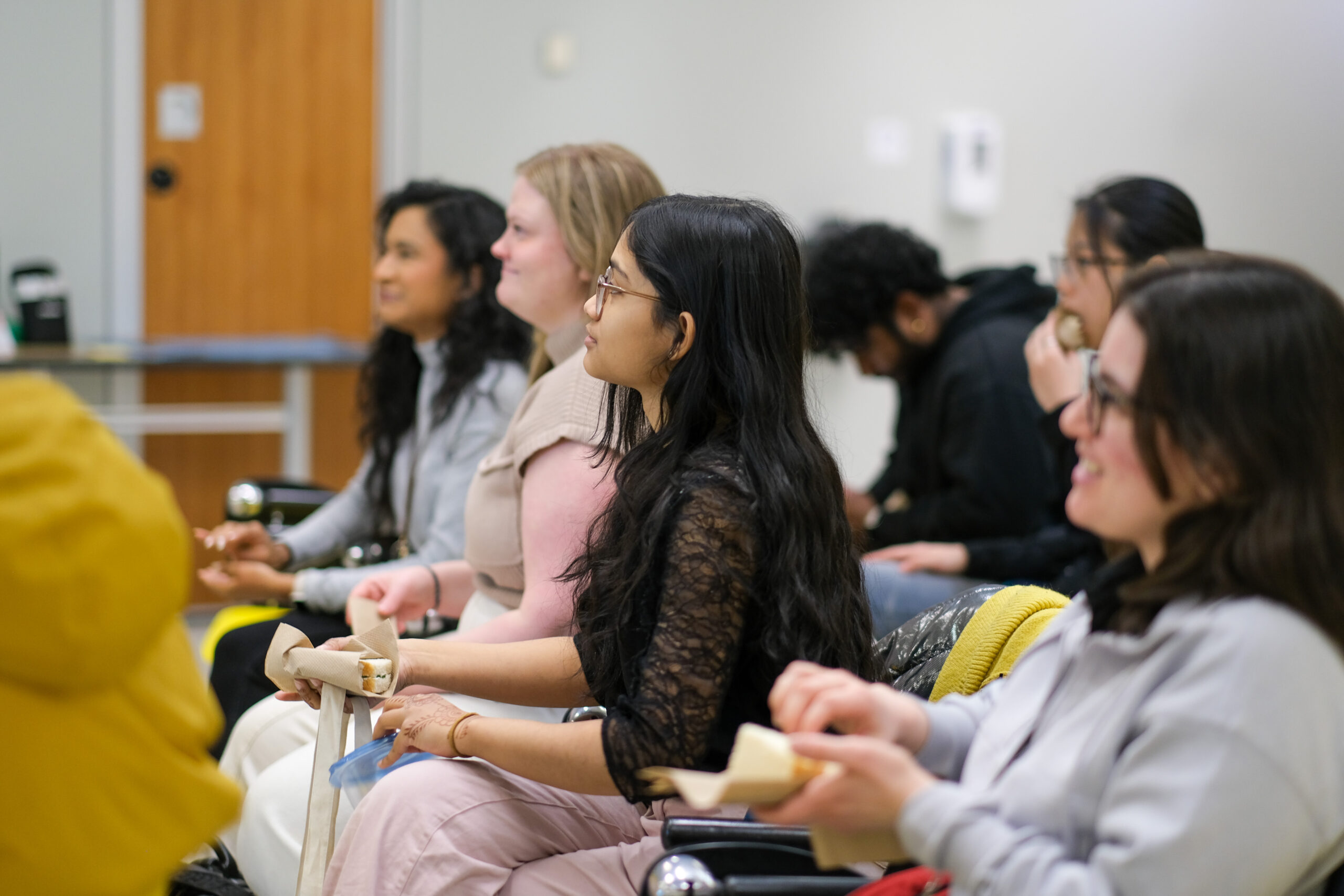
Looking to the future
The first year of the BME GMP has been a success, and its organizers hope to continue refining and expanding the program. By fostering a culture of mentorship, they aim to make the graduate experience at BME more supportive, inclusive, and enriching.
With plans for additional training, more structured networking opportunities, and greater engagement, the BME GMP aims to become an integral part of the graduate student experience for years to come.









